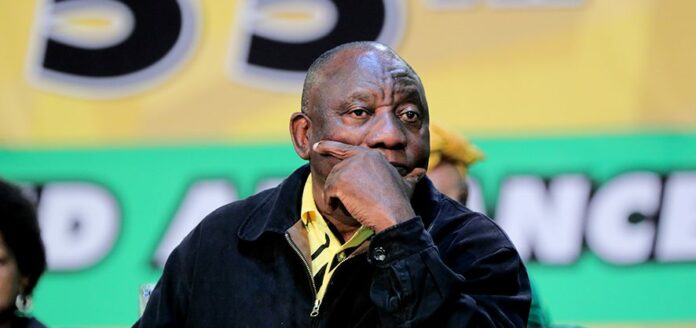Reuters, an international news agency, recently reported that the French government had embarked on a process of stretching its human thinking capacity beyond unimaginable human limits by investing R40.5-billion to improve the country’s bicycle road infrastructure.
The result of this initiative is meant to improve part of the country’s infrastructure for the benefit of communities and working-class who use bicycles to commute.
The economic spin-offs, reports the agency, will achieve multiple objectives including economic benefits for the country coupled with encouraging workers to cycle to and from work, in that way improving the citizens’ general wellbeing.
The plan, according to the report, is to “double the cycle lane network”, a deliberate attempt by the government to make bicycles an alternative to cars, and to make them accessible to everyone from the youngest age and throughout their life.
Put differently, the initiative is to achieve two ends – first, to diversify the economy, and second, to disincentivise the population, and workers, from exclusively relying on motorcars as a means of general travel.
In times of war and conflict, as is the case in the Russia-Ukraine war of attrition, the effects of war are devastating to economies, described by some world experts as impacting negatively on food and security stability worldwide.
And how should the world counter the effects of economic disaster brought about by the Russian-Ukrainian crisis?
And what should the nations do to protect their own economies from implosion?
The French government, through the initiative, will, through promoting the use of bicycles, counter, albeit on a small scale, looming oil disaster brought about by what the Russian-Ukrainian war is fomenting.
The proposed French’s bicycle lane network is meant to increase from 50 000km to 100 000km.
This in real production terms means a massive increase in bicycles production, with more factories built to cope with the increased demand and more consumption capacity resulting in more workers getting absorbed in new factories.
Additionally, the initiative will create an economic climate in which the working class will be able to travel to work by cycling and not driving.
An interesting reality is that as this process unfolds for the working class and the poor segment of France, the wealthy will continue to use their expensive cars driving to work and do their business without any disruption to the economy.
The French government, through the project, will help increase the spending capacity of the population, and in that way improve the lot of the citizens, and in the process increase job opportunities and expand the economy for the benefit of many others.
In the final analysis, what the French government seeks to achieve is to increase industrialisation, and therefore help its citizens to enjoy a better life and counter the oil squeeze brought about by the Russia-Ukraine conflict.
What can President Cyril Ramaphosa and his cabinet learn from this French initiative?
At his inaugural speech, in his first State of the Nation Address in 2019, Ramaphosa dreamt of smart cities and bullet trains.
But dreams remain dreams until they are translated into concrete actions.
Like France, we need to be practical and embark on things demanded by the economy as a developing economy. Not bullet trains, but using limited resources to fix, among others, our failing rail infrastructure, roads, and power stations and to ensure our municipalities work optimally.
The country needs a focused industrialisation plan to reduce unemployment, and to bring about a glimmer of hope to desperate unemployed South Africans who do not experience the dividends of the hard-won constitutional democracy.
Driving past Boksburg, Wadeville and Alrode on the East Rand recently, I noticed that the factories that used to be a beehive of economic activity have closed and have become a forlorn area of desolation – remaining unproductive and idle.
These plants, which are being vandalised, used to produce goods that turned the wheels of the economy.
The government is paralysed by lack of ideas of how to turn the economy around.
A lack of expertise and brainpower has been flagged as contributing to the lack of economic growth, factors standing in the way of progress.
Ramaphosa needs to show boldness and draw lessons from his counterparts in France.
• Mdhlela is a freelance journalist, an Anglican priest, ex-trade unionist and former publications editor for the SA Human Rights Commission journals
Follow @SundayWorldZA on Twitter and @sundayworldza on Instagram, or like our Facebook Page, Sunday World, by clicking here for the latest breaking news in South Africa.



